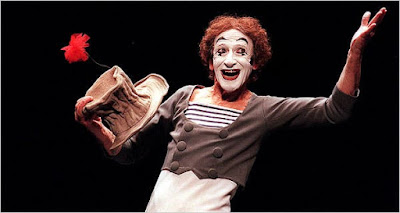OCTOBER 30/31, 2021
Born in Birmingham, England in 1849, Frederick Langbridge studied at King Edward VI’s School, and then matriculated at Oxford University, earning his Bachelors at St. Alban Hall, and his Masters from Merton College.
He was an Anglican cleric, ordained in 1876; and was a canon of St. Munchin’s, as well as rector of St. John’s in Limerick, Ireland.
He was a poet, an author, a playright, and a noted preacher.
He is credited with the couplet:
Two men look out the same prison bars;one sees mud and the other stars.
Langbridge retired in 1921 due to ill health, and died in 1922 at the age of 72.
Today is the Second Sunday of Advent.
Our first reading is from the Prophet Baruch, who was the secretary of the Prophet Jeremiah. The book is considered apocryphal by non-Catholics, but is similar to the writings of Jeremiah during the Babylonian captivity.
In today’s reading, from the last chapter of Baruch, we hear the prophet admonishing the people to move from “mourning and misery” and look toward a future of “glory from God forever.” He speaks of “justice,” “peace,” “joy,” “mercy,” and “light.”
In the second reading, from St. Paul’s Letter to the Philippians, Paul also is in custody. Yet, he too speaks of “joy,” “confidence,” “good works,” “affection,” “love,” “knowledge,” “discernment,” “purity,” “righteousness,” and “glory.”
Two men, indeed, both held captive in a prison of sorts … both calling upon their listeners – and us as well – to look up from mud, and see beyond the starts … to the glory of God.
St. Luke speaks of St. John the Baptist, quoting Isaiah 40, which parallels sections of today’s reading from Baruch:
God has commandedthat every lofty mountain be made low,that the age-old depths and gorgesbe filled to level ground.
As we approach this altar to receive the Sacred Body and Blood, Soul and Divinity of Jesus Christ … let us keep our eyes fixed on Jesus … gazing beyond the heavens to the glory of God … promised to us through, with, and in Christ.
And as we continue to proceed through these 4 weeks of Advent … may we draw ever closer to Him … glory to glory … grace upon grace … as we prepare ourselves for the three comings of Christ … historically at Christmas … imminently in the Sacrament of the Altar … and ultimately when we meet Him face-to-face.




















































